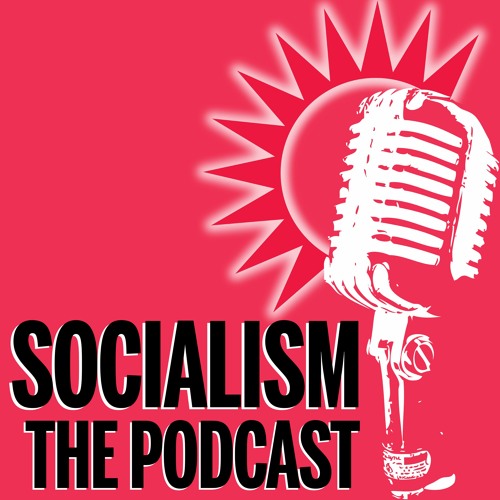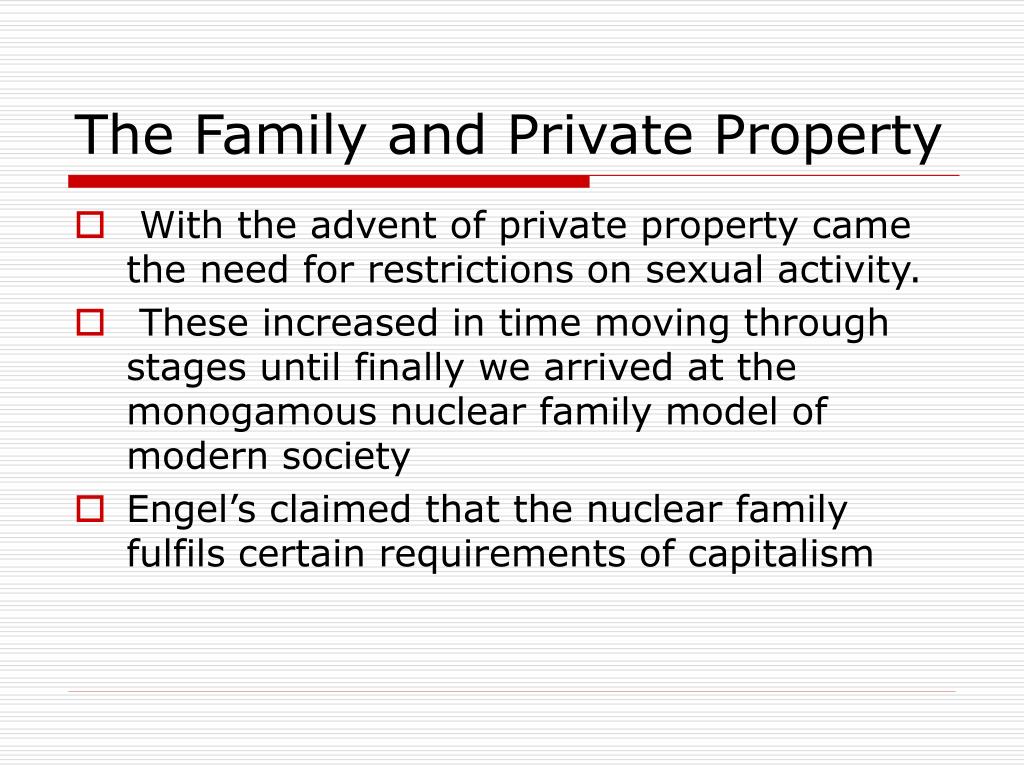

Marx notes Morgan's observation about “systems of consanguity” and says “the same is true of the political, juridical, religious, and philosophical systems in general”. What does “consanguinity” mean and what is meant by the “consanguine family”?Ģ.

Our method is variational and a specific construction enforces the use of the principle of symmetric criticality for non-smooth Szulkin-type functionals.1. Various properties of the solutions are also described in L∞- and H1-norms. In fact, our method surprisingly shows that (a) and (b) are equivalent in the sense that they are deducible from each other. ε=0 in (Pε), has infinitely many distinct solutions (b) the number of distinct solutions for (Pε) becomes greater and greater whenever |ε| is smaller and smaller. to prove that: (a) the unperturbed problem (P0), i.e. Although the method works in various frameworks, we illustrate it on the problem(Pε) where is a radial, positive potential, is a continuous nonlinearity which oscillates near the origin or at infinity and is any arbitrarily continuous function with g(0)=0. We propose a direct approach for detecting arbitrarily many solutions for perturbed elliptic problems involving oscillatory terms. Ultimately, however, they see the problems in capitalism as temporary because the workers will instigate the inevitable revolution that will bring about a better social organization: communism. One is compelled to become a capitalist or else s/he will be left behind by all the others who do accept capitalism. The problem that they see in capitalism is that it compels capitalists to participate in the capitalist means of production regardless of their initial attitude toward this social organization.

Marx and Engels argue that the capitalist economy is the result of a long process in which material conditions have contributed to changes in ideas and social conditions by extent. They contrast this group with the class of people who own the means of production, and they call this group the bourgeoisie. In this famous statment of purpose, Marx and Engels critique the capitalist structure of the economy for its terrible effects on the working class, which Marx and Engels call the proletariat.


 0 kommentar(er)
0 kommentar(er)
